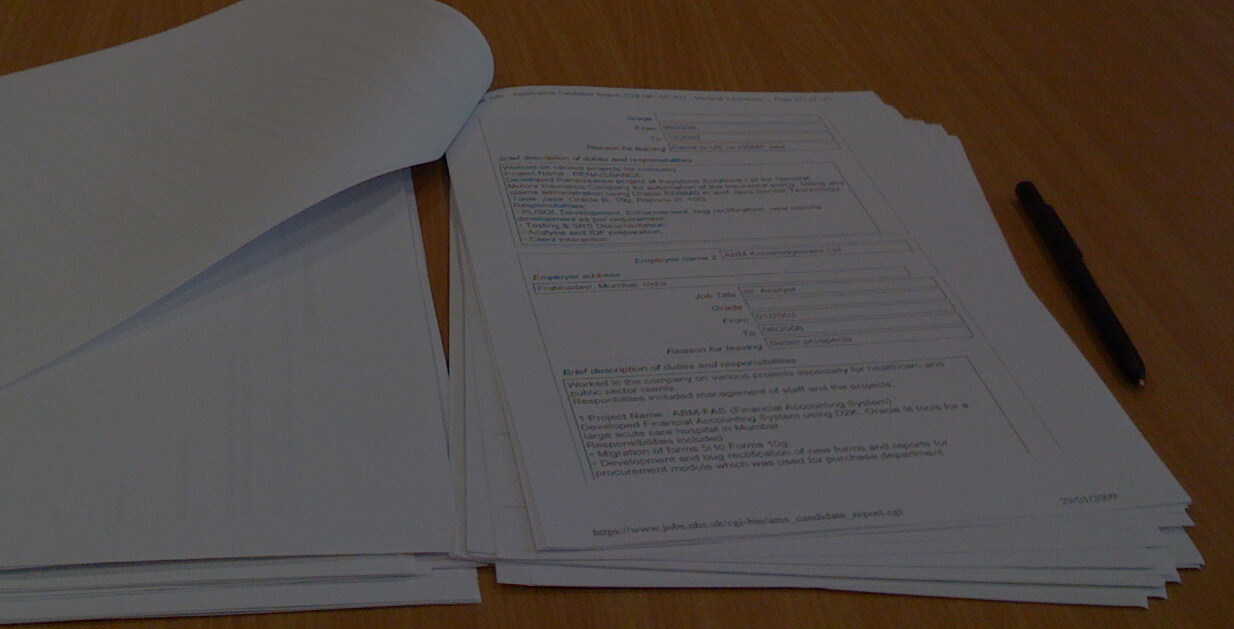Top Employment Law Lawyer Los Angeles

As an employee, many times you give your life (or a large part of it) to your employer and, in exchange, you have certain rights recognized by law.
- You have the right to work in an environment that is free from improper harassment or discrimination.
- You have the right to a safe workplace.
- You have the right to speak up if you believe there are violations of the law or violations of your co-worker rights.
Talk to an employment law attorney in Los Angeles today for a free, no obligation evaluation.
If your employer or colleagues have wrongfully interfered with those rights, then you may need an attorney to help you defend your right to fair treatment in a safe and comfortable working environment, as well as to seek compensation.
We are employment and labor attorneys serving the people of California, and we have proven results. If you’ve been affected by discrimination or harassment in the workplace, call us today for a free, friendly consultation. We work on a “no-win, no-fee” basis, so we only get paid if you do.
Contact Us Today
Phone: 323-658-8077
Toll Free: 877-827-2748
Initial consultations are free and our multilingual staff speaks Spanish, Farsi and Armenian.
View Our Employment Law Case Results
California Employment Law & Labor Attorneys
Employment And Labor Practice Areas
Age Discrimination
If you are 40 years old or older then the law protects you from discrimination because of your age. Employers must not hire or fire people because of their age. Bullying or harassment because of your age is also illegal.
Disability Rights And Discrimination Law
Arash is one of a kind. He is very unique, very respectful to his clients. If you are fortunate enough to be represented by him you will be represented by the best. He is iconic and loved by his peers. Just can’t say enough good things about him!
Myone Bollinger
By law, your employer is required to make ‘reasonable accommodations’ so you can continue working with a disability. ‘Reasonable’ means any actions that do not impose undue hardship on your employer. In order to make a claim, you will need to be qualified to do the job, but disabled. You may have a case under disability discrimination law if you are perceived as disabled by an employer – even if you are not disabled.
‘Reasonable accommodations’ means they must take steps to help you continue working normally. For example, your employer could reasonably be expected to provide a small ramp to provide wheelchair access to your office, whereas a request to provide an elevator to take you to your seventh-story office would be considered unreasonable.
Providing your employer accepts that you are disabled, it must consider any requests you make for an accommodation of your disability. Your employer must engage in a consultative process to determine your needs and to investigate solutions. If the only viable accommodation is unduly expensive or onerous, your employer may claim that the accommodation is an undue hardship, and therefore it can refuse to make the accommodation.
Californians are protected from disability discrimination by both federal law (ADA) and state legislation (FEHA). Both are designed to protect employees, but FEHA offers greater protection.
Here are the key differences between the Americans with Disabilities Act (ADA) and the Fair Employment and Housing Act (FEHA):
The ADA definition of disabled is stricter than the FEHA definition – so you are more likely to qualify as ‘disabled’ under the FEHA legislation. To qualify as disabled under the ADA you must be substantially limited in a major life activity. FEHA stipulates that you must be limited in a major life activity.
The ADA asserts that work may not be a major life activity while FEHA maintains that work is always a major life activity.
With the ADA your disability is evaluated in its mitigated state, while FEHA will evaluate your disability in an unmitigated state. For example, under ADA you would be evaluated on your abilities with mitigating factors such as a hearing aid, glasses or other aids that improve your condition. With the FEHA you are evaluated without the aid of mitigating factors, making you more likely to qualify as disabled.
The FEHA allows the award of punitive damages, while the ADA does not. Punitive damages are damages above and beyond the damages required to meet the costs and suffering of the employee, but are deliberately excessive in order to act as a punishment to the employer and as a deterrent to other employers.
In order to make a claim of disability discrimination under the ADA or the FEHA you must be qualified to do the job, but disabled. For example, you may have impaired hearing, but if your job is proofreading then you may still be perfectly qualified to do your job. On other occasions, a disability may render a person unqualified or unable to do the work. Employers can reasonably decline disabled people for jobs they are unqualified to perform. In order to be considered as having a disability in the eyes of the law you must be substantially limited in a life activity, so your disability must interfere with your life.
You may be able to file a disability discrimination suit if your employer discriminates against you because they believe you are disabled. So even if you have no disability, you may be eligible to pursue a case using disability discrimination legislation.
Racial Harassment And Discrimination
Have you been victimized or harassed because of your race? An employer cannot discriminate against you because of your race. Racial harassment and discrimination often falls into one of two categories: disparate treatment or disparate impact. Disparate treatment means that an employer treats you differently than people of other races, purely because of your race.
Disparate impact means that an employer enforces company policies which impact different races in a different manner. Disparate impact is a subtle form of racial discrimination, but it is also illegal.
It is illegal for an employer to:
- Hire people according to their race
- Use hiring practices that discriminate against particular races
- Assign jobs to people according to their race (perhaps giving menial or dangerous jobs to particular races)
- Offer different salaries or benefits to people along race lines
- Award promotion or training opportunities according to race
Racial discrimination can appear in the form of racial harassment by colleagues or peers at work. Examples of racial harassment include racially offensive comments, jokes, objects or emails. In California, an employer must take immediate action to prevent events like these from occurring.
Sexual Harassment
Speak out against sexual harassment. We are all entitled to work in comfortable, non-threatening environments, free of sexual pressure and intimidation. Sexual harassment may be obvious or subtle and it can take many forms, including sexual gestures, the display of inappropriate posters or objects, unwanted advances or verbal abuse.
Examples of sexual harassment include:
- Unwanted sexual advances
- Offering a job in exchange for sexual acts
- Verbal abuse of a sexual nature
- Sexually suggestive contact or groping
- Displaying sexual pictures or objects
- Making unwanted or inappropriate sexual jokes or innuendoes
Sexual harassment in the workplace typically falls into one of two categories: quid pro quo or hostile environment.
Quid pro quo means ‘this for that’ in Latin. In terms of sexual harassment cases, quid pro quo means that an offer has been made in exchange for some kind of sexual favor. For example, a boss may offer a job to someone in exchange for sex. Similarly, a boss may threaten to sack an employee if he or she does not have sex.
Your workplace may become a hostile environment if you feel threatened or intimidated by unwanted sexual advances or behaviors. If you experience inappropriate touching, or jokes, or suggestive gestures or material, then your working environment may become uncomfortable. Your employer or co-workers do not have to make sexual advances for your working environment to become hostile or uncomfortable.
Wrongful Termination Of Employment
While employers are often free to hire and fire as they please, there are exceptions to this rule – meaning you may have a case of wrongful termination of employment. One of the first things to establish is whether you are an ‘at-will’ employee, or whether you have made supplementary agreements with your employer.
Although your employer is often entitled to fire you or change the terms of your employment as it sees fit, there are times when the termination of employment can be deemed ‘wrongful’. These include:
- You are fired because your employer is discriminating against you, perhaps because of your race, disability, religion, age, gender or sexual orientation.
- You have been promised a period of employment – perhaps with a contract that states a fixed period of employment.
- You have made an informal agreement – perhaps spoken – that contravenes your at-will status.
- You have been fired because you blew the whistle on illegal acts or unsafe practices.
No matter your specific circumstances, we are prepared to fight for your claim. Our attorneys immediately begin building your case, preserving and examining evidence for the strongest claim possible. We are accomplished trial lawyers who will take all necessary steps to obtain fair and full compensation for your injuries.
Talk to an employment law attorney in Los Angeles today for a free, no obligation evaluation, call 323-658-8077 or toll free 877-827-2748. Or, if you prefer, send us an email by clicking on the red button below.
Initial consultations are free and our multilingual staff speaks Spanish, Farsi and Armenian.
We take cases on a contingency — which means there is no fee if there is no recovery.
We also can handle complex cases via attorney referral.
Photo by Cytonn Photography on Unsplash










